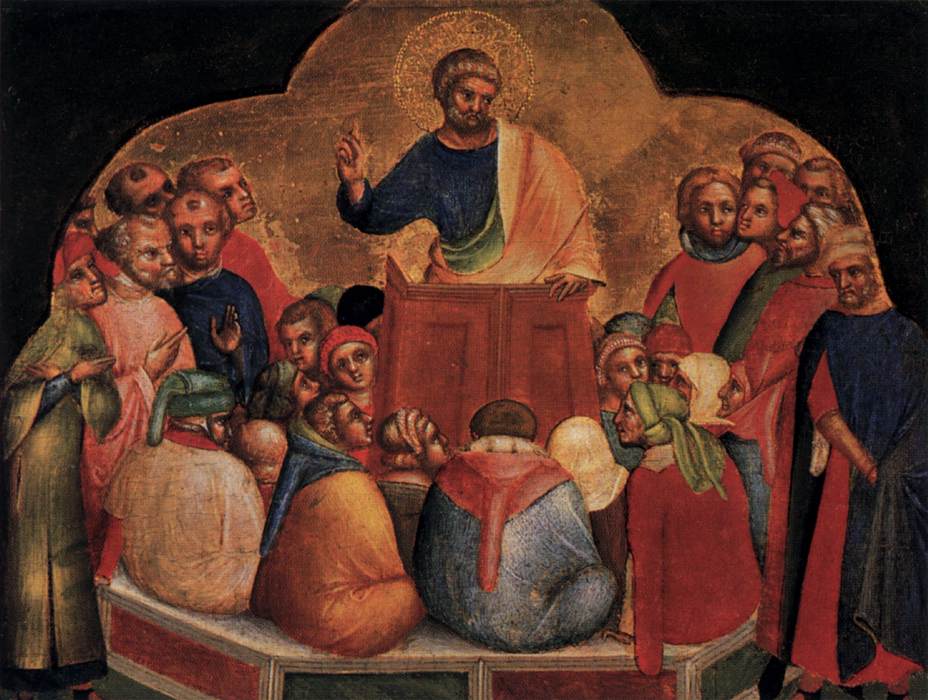Readings: Isaiah 30:19-26, Matthew 9:35-10:8.
Wouldn’t it be great if God sent faxes? Wouldn’t it be wonderfully reassuring to know that, at every crossroads in our life, we had some infallible way of knowing the best decision we could possibly make? At first glance, that’s precisely what Isaiah seems to promise in our first reading: we will hear the voice of the Lord, booming unmistakably from behind us, “this is the way, now follow it”. Angst will be forever banished from vocational discernment! We will never be able to claim ignorance as mitigation for bad moral decisions again!
In actual fact, I suspect we’d find that rather tiresome. The fax machine would get irksome. We’d complain that we were being infantilised, treated like incapable children by an overbearing and controlling parent. We’d beg for the chance to learn by making our own mistakes (and probably ignore the fax machine anyway)! Besides, we’d ask, isn’t it good for us to search for God, to seek him in the quiet and unpredictable places, to reach out for him and cultivate a hunger for his will?
The Gospel, as ever, re-frames the question: here, the disciples are the recipients of Isaiah’s promise, for they “see their teacher with their own eyes” and receive their commission from him directly. But Christ, in revealing to the disciples their apostolic vocation, doesn’t just give them a function to fulfil or a task to tick off on life’s ever-growing to-do list. Rather, he grants to his disciples a participative share in his authority. In the scriptures, authority isn’t just about exercising power and issuing binding commands, but about engaging in author-ity, using the God-given gift of free-will in the writing of the narrative of human history. Christ, then, invites the disciples into God’s own author-ity, to use their faculties of knowing and loving to participate in his providential governance of creation.
This is, of course, a much greater gift than a constant stream of faxes. So if we feel as if we are languishing without the answers to our questions, we might ponder how the disciples coped: they were preaching a gospel not yet written down, proclaiming a story that had not yet reached its culmination, and building up a community that was not yet strengthened by the Pentecost Spirit. These—the most honoured preachers of the Church’s history—were willing to walk with uncertainty, with not knowing how the story would end, with not quite grasping the full significance of their message, because they trusted in a person, their friend, Jesus Christ. The greatest saints are those who are able to draw near to Jesus and say, “I do not always understand. I often get it wrong. But here I am Lord; I come to do your will.”


No comments:
Post a Comment